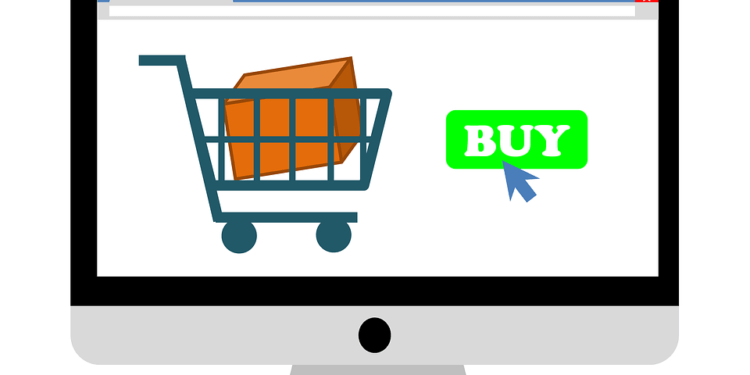E-commerce around the world has experienced exponential growth, especially during the Covid-19 lockdowns. In Ghana, e-commerce is still in its fledgling stages, with most people hesitating to shop online for fear of being conned. Internet fraud is a common occurrence in Ghana, and a Cybersecurity Act was passed in 2020 to deal with this menace.
Between 2016 and 2018, Ghanaians lost more than $200 million to cybercriminal activities, with most of the recorded cases being cyber fraud, and in 2018 alone, the country lost $97 million. Since we are heading into an era where e-commerce might replace physical shopping, here are some tips to protect yourself online, and to ensure safe online shopping.
1. Buy from Reputable Sites
The lure of low prices and huge discounts from little known shopping sites has been the downfall of many. Most of these sites are not safe and are often operated by cyber-criminals, which puts you in danger of being hacked.
If you do any transactions on these reputable sites, you need to make payments over an encrypted network. The best way to do this is to secure your payment with a Virtual Private Network (VPN). A VPN encrypts your sent and received data using the AES-256 standard, which is military-grade encryption. This ensures your credit card details are secure and cannot be stolen by hackers.
Cybercriminals target unsecured networks such as free Wi-Fi hotspots, so avoid logging into your shopping account via public hotspots without your VPN.
2. Use comparison tools to find discounts
Since we all love discounts, you can use comparison tools to find the best discounts from legit companies. During the Christmas holidays, there are discounts all over and it is hard to differentiate between the real and the fake ones.
Using apps and sites that do price comparisons is a good way of finding genuine discounts. Go for those that offer discount codes, you might be able to save quite an amount this way. Some discount codes include percentage discounts, free shipping, or fixed rate discounts.
3. Buy in bulk
If possible, avoid buying and shipping different items from the same vendor separately. If you need ten items from the same vendor, shop once, and have them package everything at once. This saves you shipping charges, and if shipping is free, you minimize packaging waste. Remember we are striving to reduce waste and our carbon footprint for a cleaner environment.
4. Use your PC or laptop
Most people in Ghana own their laptops or PCs, and it is advisable to use your machine or smartphone to access shopping sites. Using someone else’s device puts you at risk of being hacked. If this device is not encrypted, chances are your banking and shopping details will be exposed, and hackers will eventually access the information. If using a cyber cafe, you should not enter your card details, or log in to your shopping account.
5. Ignore messages or emails from unknown sources
Phishing is a type of cybercrime used by fraudsters to send emails with links and attachments while pretending to be a trusted source such as one of your trusted shopping sites. When you click on the link and download the attachment, you unleash malware or viruses into your computer. Do not download any attachments or click on any links that seem to be legit, but you cannot be sure. Go to your browser and directly go to the shopping site.
Conclusion
E-commerce is popular for its convenience. You can shop from the comfort of your home and have the products delivered to your door. Ghana is fast catching up to the rest of the world in terms of technology. Malicious actors have also found a ripe hunting ground where they target naïve shoppers and defraud them of their hard-earned cash.
You can use a VPN, shop from reputable sites, use comparison tools, use your device, and do not download any attachments or click on links. These tips will help you avoid hackers and loss of money, and ensure safe online shopping for you.
Writer’s bio
Matthew Stern is a technology content strategist at TechFools, a tech blog aiming at informing readers about the potential dangers of technology and introducing them to the best ways to protect themselves online. As a tech enthusiast and an advocate for digital freedom, Matthew works at assignyourwriter.co.uk and is dedicated to introducing his readers to the latest technology trends and teaching them how to gain control over their digital lives.









